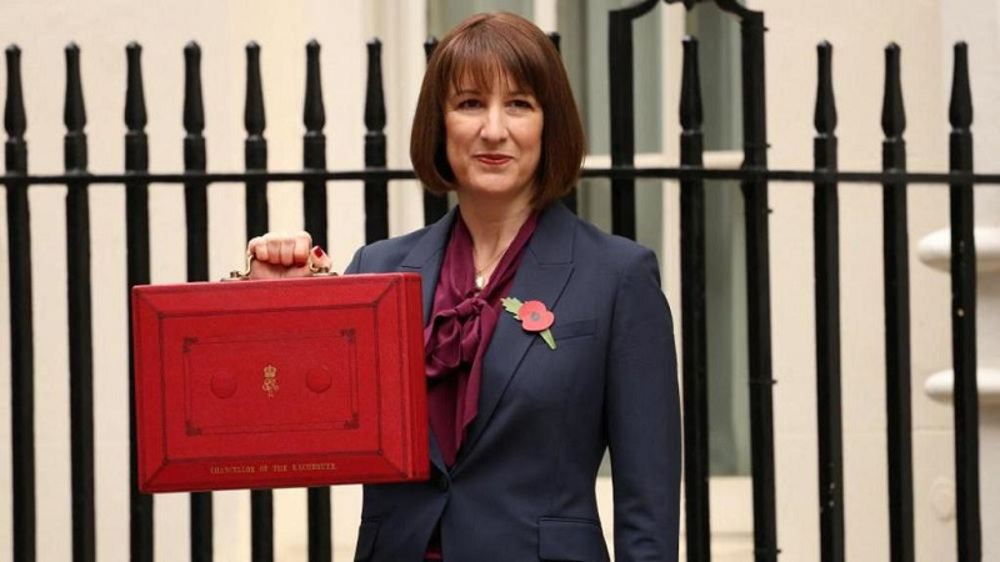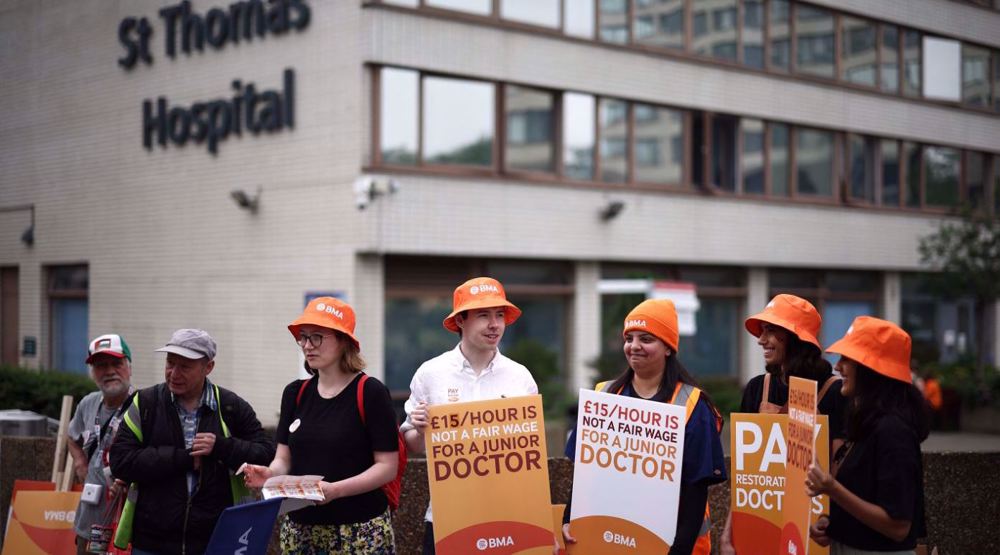Britain's annual budget shows more austerity
Chancellor of the Exchequer George Osborne presented the British government’s annual budget, which contains more austerity measures, to the House of Commons Wednesday, saying the UK economy will grow more slowly than expected in 2016.
Osborne said a "turbulence in financial markets, slower growth in economies like China, and weak growth in the developed world" were to blame for the lower-than-expected growth in the British economy.
He said those "dangerous cocktail of risks" have made Britain seek additional spending cuts totaling 3.5 billion pounds (about $5.0 billion, 4.5 billion euros) by 2020, the year in which London expects to reach budget surplus amid higher borrowing.
According to projections provided by Osborne, the British economy was set to grow by 2.0 percent this year and 2.2 percent next year, down from November estimates of 2.4 percent and 2.5 percent respectively.
The Office for Budget Responsibility (OBR) said Osborne's predictions were compiled based on the assumption that the so-called Brexit, or departure from the European Union, would not happen.
Voters in Britain will go to a referendum on June 23 to decide on the country's EU membership. Some top figures in Prime Minister David Cameron's Conservative party and government, including Osborne, have time and again expressed the government's strong desire for the UK to stay within the 28-nation trading bloc. Some others, including Mayor of London Boris Johnson, want to leave.
In his speech to the parliament, which lasted for about one hour, Osborne also warned of negative risks of leaving the EU on Britain’s economy. The OBR also said in its statement that a vote to leave would result in “a period of potentially disruptive uncertainty.”
The chancellor of the Exchequer pledged more cash for education and infrastructure while he approved major railway developments in northern England and in London.
Tax hikes on petrol and beer were generally avoided while a very slight increase for tobacco was inserted in the budget. That could be due to the effects those hikes could have on outcomes of the June referendum.
A new tax on sugary drinks was also unveiled with the aim of cutting down on increasing childhood obesity levels.
Osborne said Britain will be spending no more than what it raises in taxes.
American warplane downed after Yemeni attacks 'baffled' US air defense: Ansarullah
VIDEO | Yemenis praise the military for its successful operations against Israel
VIDEO | Israel continues to bomb Gaza homes
VIDEO | An insider's view of the country: Meybod City in Yazd
‘All wars have rules. All of those rules have been broken’ by Israel
VIDEO | Report flags India’s violation of rights of Rohingya detainees
Turkey's foreign minister meets Syria's de facto leader in Damascus
VIDEO | US Syria plots












 This makes it easy to access the Press TV website
This makes it easy to access the Press TV website